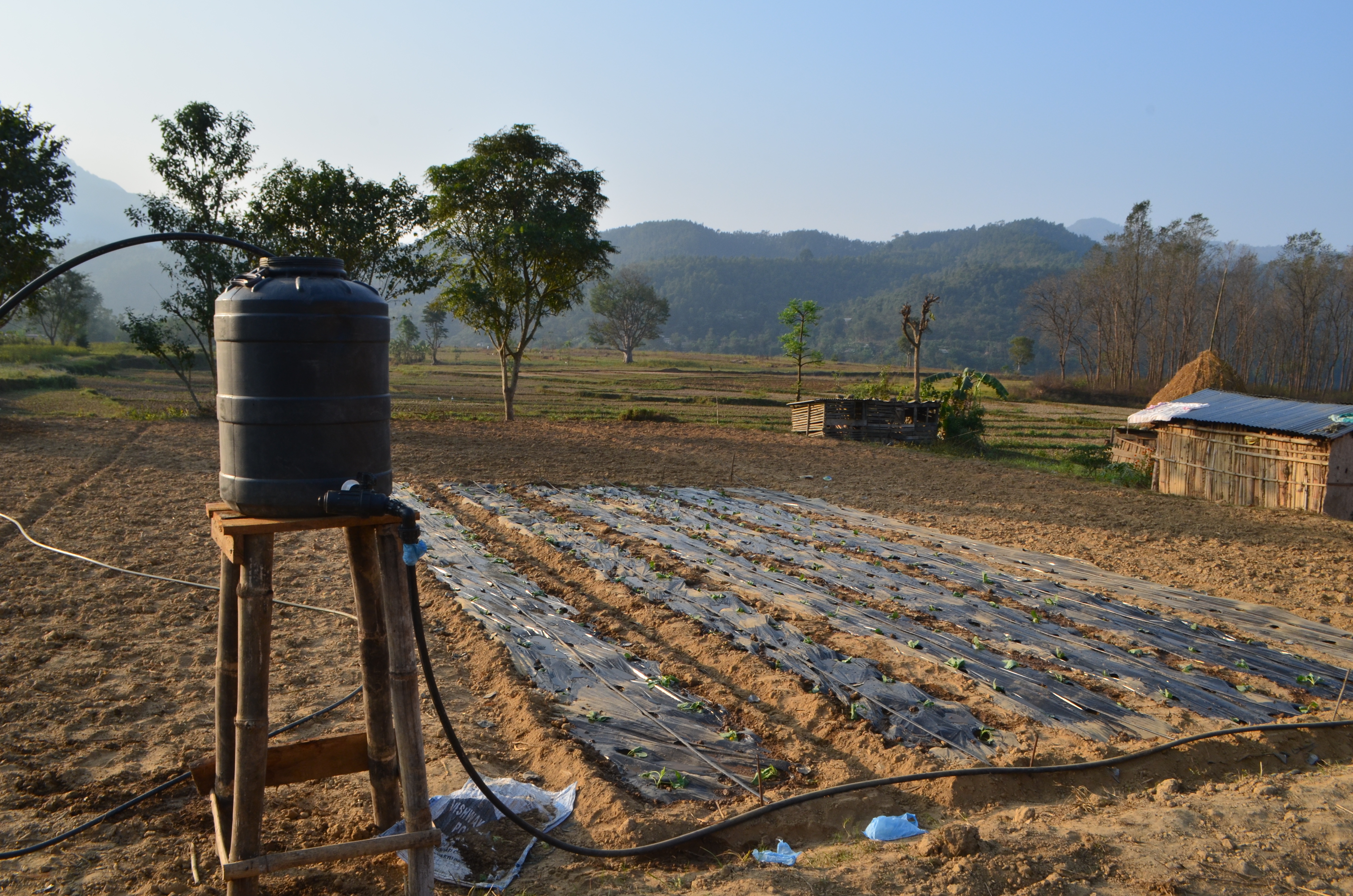Full project title:
Breaking down barriers: strategies to include people with physical disabilities, with a specific focus on people with disabilities due to leprosy, in agriculture in Nepal
Project coordination
Enablement Nepal
Partners
Enablement (the Netherlands)
NLR Nepal
Agriculture and Forestry University (AFU) (Nepal)
MetaMeta (the Netherlands)
Aim: This project explored how people with disabilities could benefit from being more involved in agriculture by teaching water management technologies in Nepal.
Final project summar
Stigma, poverty, public aversion, low self-esteem and lack of awareness remain significant barriers to 
If any at all, research and implementation initiatives concerning people with physical disabilities and water access tend to focus on prevention of water-borne diseases and providing access to water for drinking and (adapted) sanitation systems. Although these are important topics, much more needs to be done in the area of enabling people to sustain their livelihoods. While agriculture remains a main employer for a majority of people living in low-income countries, hardly any people with disabilities are (self) employed in agriculture.
This project has been implemented to explore the effect of better access to water for agriculture on the wellbeing and inclusion of people with physical disabilities and their families in particular and for all in general. The project has 2 major focuses; (1) Research to explore as to how can improved access to water for agriculture improve the wellbeing and inclusion of people with physical disabilities and their families, and (2) Pilot initiatives of 3R (Recharge, Retention and Reuse of water) water management technologies installation and functioning with the involvement of persons with disabilities mainly leprosy affected.
The two-year project was implemented in two districts of Nepal, Gorkha and Morang. The project has established 3R in four pilot sites for demonstration and operationalization. The pilot initiatives were also utilized to train, motivate and inform people to manage water, emphasising on cash-generating crops like fruits and vegetables. As part of informing and motivating people, the project has provided orientations on 3R and practical installation procedure for 3R tools to selected farmers and their neighbors (both with and without disabilities). Similarly, the action research kept on exploring and informing as to how the access of persons with disabilities to resources would help them to increase their livelihood means and inclusion in society. The research findings highlighted several opportunities and challenges to include persons with physical disabilities (especially disabilities due to leprosy) in agriculture and livelihoods means in Nepal.
Impact
Hoffmann OM, Yakami S, Dhakal SC (2017). Breaking down Barriers: Gender and Disability in Access to Agricultural Water Management in Nepal. SAWAS journal on Gender, disability and agriculture, Volume 7(1) pp. 16-27
Webinar delivered by Kiran Wagle and Saroj Yakami, hosted by “The Water Channel” on 23rd January 2018. Full webinar can be accessed here.
Presentation at LRI spring meeting 2017.
